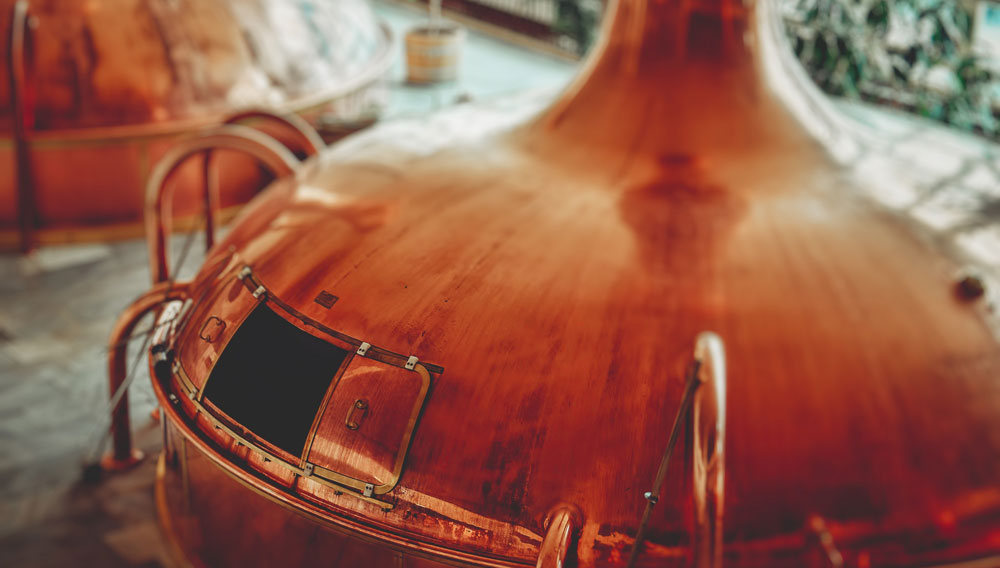Some reflections on mashing – Part 1
Despite the fact that malt quality can undergo fluctuations from year to year, brewers are very reluctant to change their mash schedules for fear of the inscrutable consequences this might have on the quality of their beer. But this is precisely what the process of mashing is all about. Mashing is a highly flexible instrument which affords a brewer the capacity to effectively overcome the challenges of contending with difficult malt. Thus, it offers a brewer the means to effectively compensate for the shortcomings of a particular year’s crop and, in turn, helps to ensure a consistently high quality product even if the quality of the raw materials does not always remain the same. The mashing process also provides a brewer with a great deal of creative control, which can be harnessed in the development of novel and unique beers – a boon for brewers looking to alleviate monotony in their products. Through a clever combination of rests, the performance of the enzymes derived from the malt can be made to rival any supplemental technical enzymes, and the malt’s own enzymes are, of course, fully in compliance with the German Purity Law for Beer.



 6 print issues
6 print issues